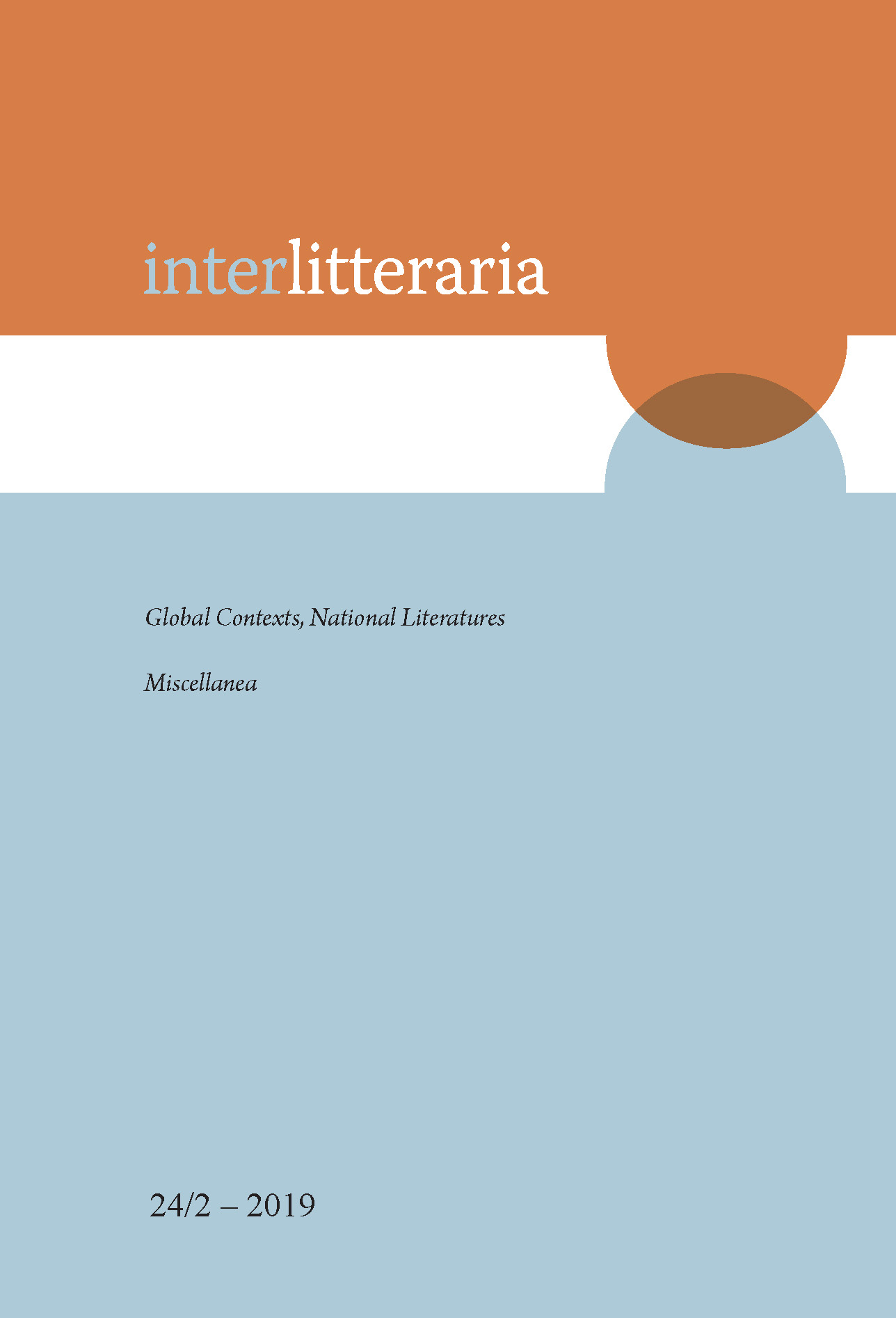Crossroads of Global and Local Identity in Contemporary Latvian Migrant Literature: Reflections on the Novel Stroika with a London View by W. B. Foreignerski (V. Lācītis)
DOI:
https://doi.org/10.12697/IL.2019.24.2.4Keywords:
identity, Latvian contemporary migration literature, W. B. Foreignerski (V. Lācītis), London, translation and adoptionAbstract
This paper deals with the contemporary migration experience as seen through the subjective lens of a literary text. The analysis focuses on the novel Stroika with a London View by the Latvian diaspora writer William B. Foreignerski (Vilis Lācītis in the Latvian version). Foreignerski combines the portrayal of proletarians’ survival with entertaining and comical scenes from daily life. In the novel the story is told from the perspective of the narrator in the first person singular, thus the different relationships between the protagonist and the surrounding environment are already defined by this choice.
In the novel the image of London is of great significance as a metropolis and multicultural city in which most of the events described in the novel occur. London is the key determinant for the poetics of intercultural literature in the novel – London can be a labyrinth, an initiation, a trap or a springboard. London as a city that can provide everything that life can offer gives one a chance not only to break away from the economic limitations at home but also from the ideological narrowness of the protagonist’s homeland as it is depicted in the novel. The start of the quest for a new life at the beginning of the novel is to a certain extent traumatic as it is characteristically in traditional emigrant literature. However, with the intercultural approach used by Foreignerski, the migration experience results in the freedom to accept new ideas and in gaining new horizons for the protagonist as well as for the reader.
Downloads
Downloads
Published
Issue
Section
License
The contents of Interlitteraria are published under CC BY-NC-ND licence.


